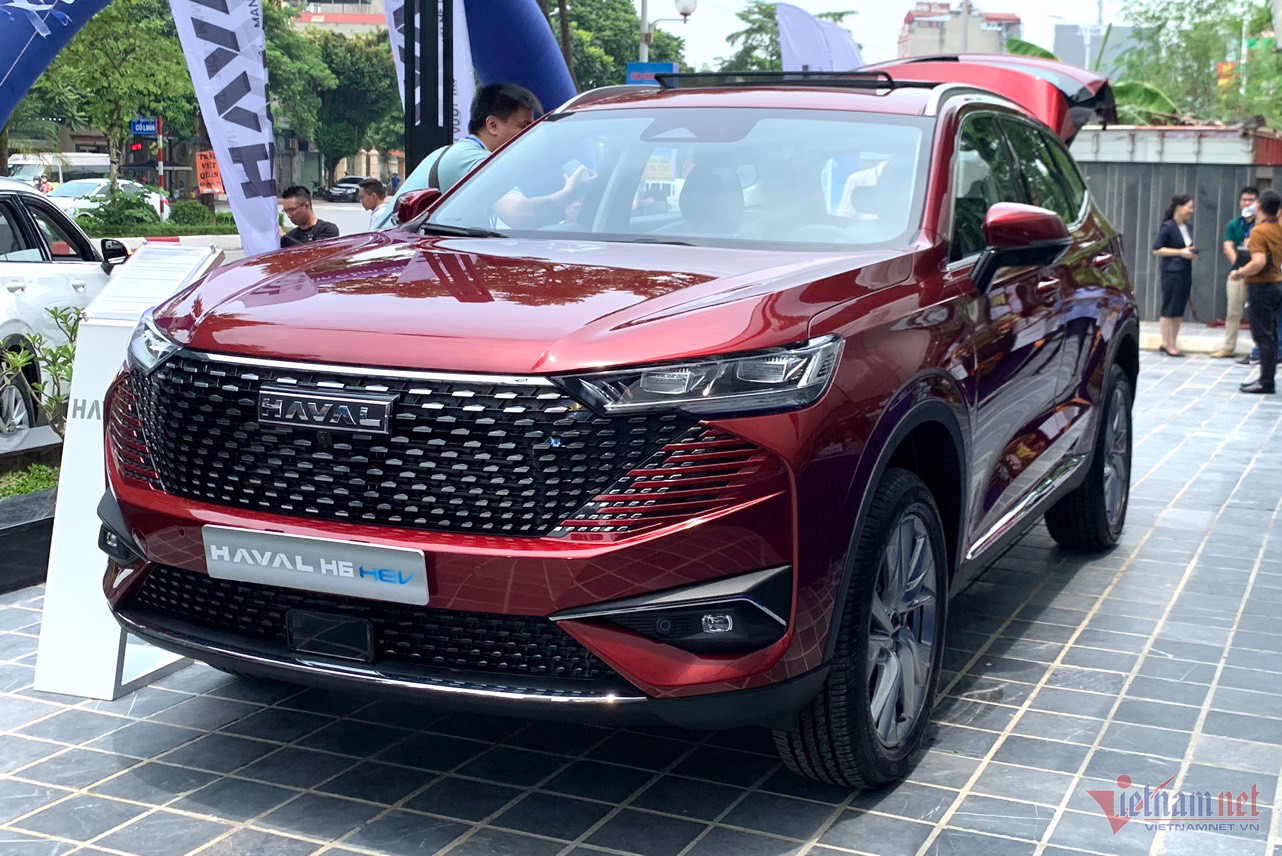
At a workshop on green solutions to reduce emissions in the automobile sector held several days ago in Hanoi, Deloitte publicized the results of its survey on customer opinions about why they will choose an EV as their means of transport in the future.
Nine options were given, indicating their level of attention, from 1 to 9.
The nine options include: 1/ lower expenses on fuel 2/ better driving experience 3/ attention to climate change 4/ minimizing vehicle maintenance 5/ government programs on offering preferences 6/ possibility of imposing additional tax on internal combustion engine vehicles 7/ concern about health 8/ using the vehicle as provisional electricity source, and 9/ pressure from the community.
The order of interest was as follows: 1/better driving license 2/personal health 3/lower expenses on fuel 4/climate change and 5/government preferences.
Most polled thought about a better driving experience. And the other reasons were related to their personal affairs such as health, and to fuel costs.
According to Deloitte, the reasons for people to buy EVs vary among countries.
Chinese and Vietnamese pay the highest attention to the driving experience.
Vietnamese people care about personal health when choosing EVs (priority No 2), but this is not highly appreciated by other countries, and the factors are priorities 4-8.
The levels of attention to climate change differ. Germans are concerned about climate change (No 2), while Asians think this is still a future problem, with Chinese at No 8, and Japanese No 7.
The percentage of people choosing EVs for their next purchase in countries differs.
Sixty-two percent of Americans said they would still buy a gasoline-run car for the next purchase, not an EV, while the figures are 36 percent in Japan and 45 percent in China.
Japanese like hybrids the most with 36 percent of polled saying they would choose an HEV (Hybrid Electric Vehicle) for the next purchase. The figures were 12 percent for PHEV (Plug-in Hybrid Electric Vehicle) and 13 percent for BEV (Battery Electric Vehicle).
In China, BEV was chosen by 27 percent of polled people, higher than both HEV and PHEV combined.
Vietnamese want hybrids
Meanwhile, Vietnamese have been advised to use hybrids for the immediate time before shifting to a 100 percent electric vehicle. Vietnamese experts believe this is a right choice in current conditions.
Dr Dam Hoang Phuc said hybrids and biofuel will be suitable to Vietnam and save fuel.
Anticipating the market trend, automobile manufacturers and car dealers have imported a high number of EV models for domestic consumption. About 10 popular hybrid models of different segments are available with selling prices ranging from VND500 million to VND1.4 billion.
After two years of Covid-19, the Vietnamese hybrid car market saw a boom last year with many new models appearing.
The next generation of Toyota Camry and Corolla Altis appeared in Vietnam in early 2022, including the hybrid version Corolla Cross, creating the ‘green trio’ in three segments: B-SUV, C- sedan and D-class sedan.
In late September 2022, Suzuki Ertiga hybrid was introduced with impressive fuel saving capability in the small-size MPV segment.
After that, another hybrid model in B-SUV segment, Nissan Kicks, was launched in November. In December 2022, Thaco marketed KIA Sorento HEV and Sorento PHEV
More hybrid models were introduced in early 2023, including Hyundai Santa Fe (VND1.45 billion).
Most recently, the newcomer in the Vietnamese market, Haval, introduced Haval H6, belonging to the C-SUV segment, priced at VND1.1 billion. Other models expected to be marketed in upcoming months are Honda CR-V, e:HEV Toyota Innova HEV and KIA Sportage Hybrid.
Hoang Hiep